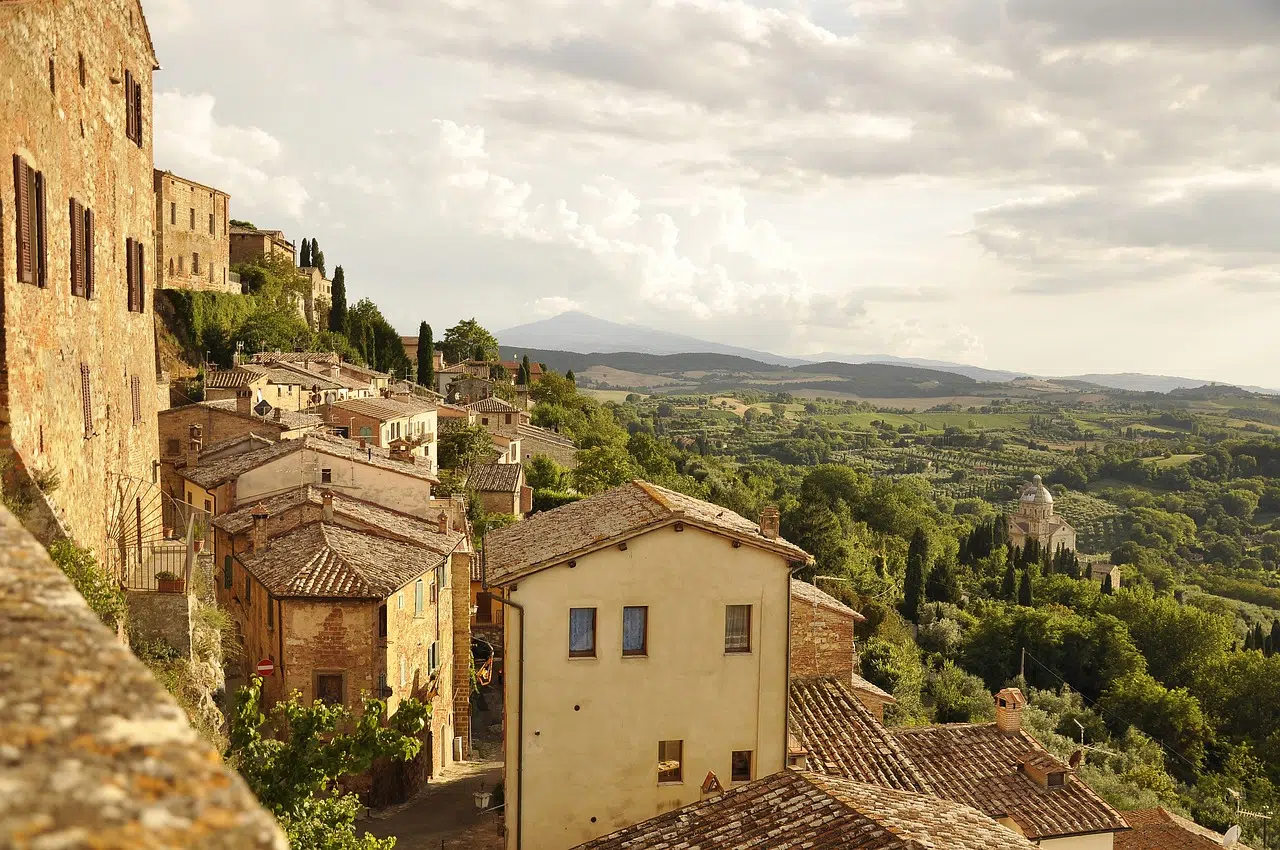This article, which discusses the property taxes in Italy in 2024, will be very useful for you to learn about the various bonuses and state aid available for renovating a house in Italy.
Indeed, in 2021, according to a study by the Tecnocasa Group, 57.5% of the properties sold by the group had an energy class G. The Italian real estate market is therefore very outdated, and the Italian government has decided to provide incentives to improve energy classes and align with European regulations. This is good news for buyers. All that remains is for you to verify with our tax experts the eligibility and means of obtaining these incentives.
- The “bonus ritrutturazione edilizia” in Italy
- The “ecobonus” in Italy
- The “sismabonus” in Italy
- The “ecosismabonus” in italy
- The “bonus abbattimento delle barriere architettoniche” in Italy
- The “superbonus” in Italy
- The “bonus mobili” in Italy
- The “bonus verde” in Italy
If you have decided to buy a house in Italy, whether for a primary residence or a secondary residence, the Italian government provides certain renovation bonuses. Each renovation grant in Italy has conditions that must be met to benefit from it. Some may only be considered within the framework of Italian residents, while others for both residents and non-residents. It must be said that Italian taxation for a French person or a foreign individual is not always easy to understand.
The renovation bonuses in Italy constitute a set of tax incentives aimed at encouraging the renovation and modernization of real estate properties. These incentives include several schemes such as the “bonus casa,” the “bonus ristrutturazioni edilizie,” or the “ecobonus.” Each of these mechanisms offers specific tax deductions for particular types of work. These incentives, governed by various laws and decrees, contribute to stimulating economic activity in the construction sector while promoting infrastructure modernization and environmental sustainability. It is important to refer to the current legislation and consult professionals to understand the specific conditions and maximize the benefits of these renovation bonuses in Italy
The “bonus ritrutturazione edilizia” in Italy
The “Bonus Ristrutturazione edilizie” or “Bonus casa”: The building renovation bonus, better known as the house bonus, is the oldest bonus, also the only “structural” one. It provides for a tax deduction of 36% with a spending limit of 48,000 euros per real estate unit, which over the years has been extended to 50% and 96,000 euros, respectively. The regulations to consider consist of Article 16-bis of Presidential Decree No. 917/1986 (TUIR) and Article 16 of Decree-Law No. 63/2013. The bonus is generally applicable for renovation works that improve energy efficiency, safety, and the structure of the building. This can include works such as thermal insulation, renovation of heating systems, roof renovation, etc
The “ecobonus” in Italy
The “Ecobonus” is a specific bonus for energy renovation interventions regulated by Article 14 of Decree-Law No. 63/2013. The rate can vary from 50% to 75% with a spending limit of 40,000 to 60,000 euros per real estate unit.
The “sismabonus” in Italy
The “sismabonus” is a variation of the house bonus, regulated by Article 16, paragraphs 1-bis to 1-septies of Decree-Law No. 63/2013. It provides for a tax deduction ranging from 50% to 85%, with a spending limit of 96,000 euros per real estate unit. It is granted in cases where the intervention leads to an improvement in the seismic class of the building
The “ecosismabonus” in italy
The “ecosismabonus” is the least known among the renovation bonuses, but also the most advantageous as it allows for a deduction ranging from 80% to 85%, with a spending limit of 136,000 euros per real estate unit. It is granted when energy renovation interventions and seismic risk reduction interventions are combined. The reference standard to consider is Article 14, paragraph 2-quater.1 of Decree-Law No. 63/2013
The “bonus abbattimento delle barriere architettoniche” in Italy
The 75% bonus for the removal of architectural barriers, modified by Decree-Law No. 212/2023, now allows its use exclusively for interventions aimed at eliminating architectural barriers related solely to stairs, ramps, elevators, lifting platforms, and stairlifts. Spending limits vary depending on the beneficiary, and the reference standard is Article 119-ter of Decree-Law No. 34/2020 (Relaunch Decree).
The “superbonus” in Italy
The “superbonus,” regulated by Article 119 of the Relaunch Decree and modified by 30 legislative measures over the past three and a half years, currently allows a deduction of 70% on expenses incurred in 2024 (which will decrease to 65% in 2025) for energy renovation interventions and seismic risk reduction.
The “bonus mobili” in Italy
The “bonus mobili” (Article 16, paragraph 2 of Decree-Law No. 63/2013) can be used in 2024 to deduct 50% of the expenses incurred for furnishing a real estate property that has benefited from the bonus for building renovations, with a spending limit of 5,000 euros per real estate unit
The “bonus verde” in Italy
The “Bonus Verde” (Article 1, paragraph 12 of Law No. 205/2017) allows for the renovation of green spaces in private buildings with a deduction of 36%, with a spending limit of 5,000 euros per real estate unit.
Now you are well informed about the property taxes in Italy?
